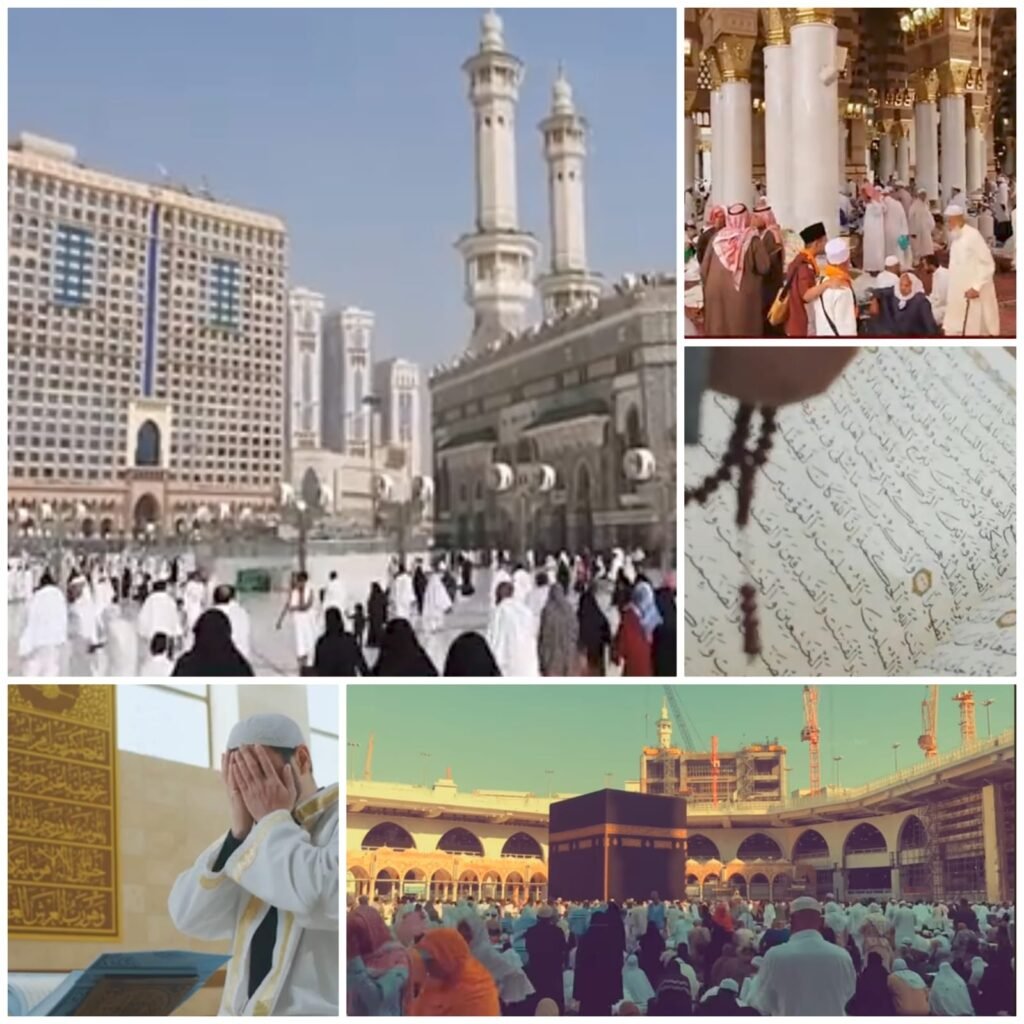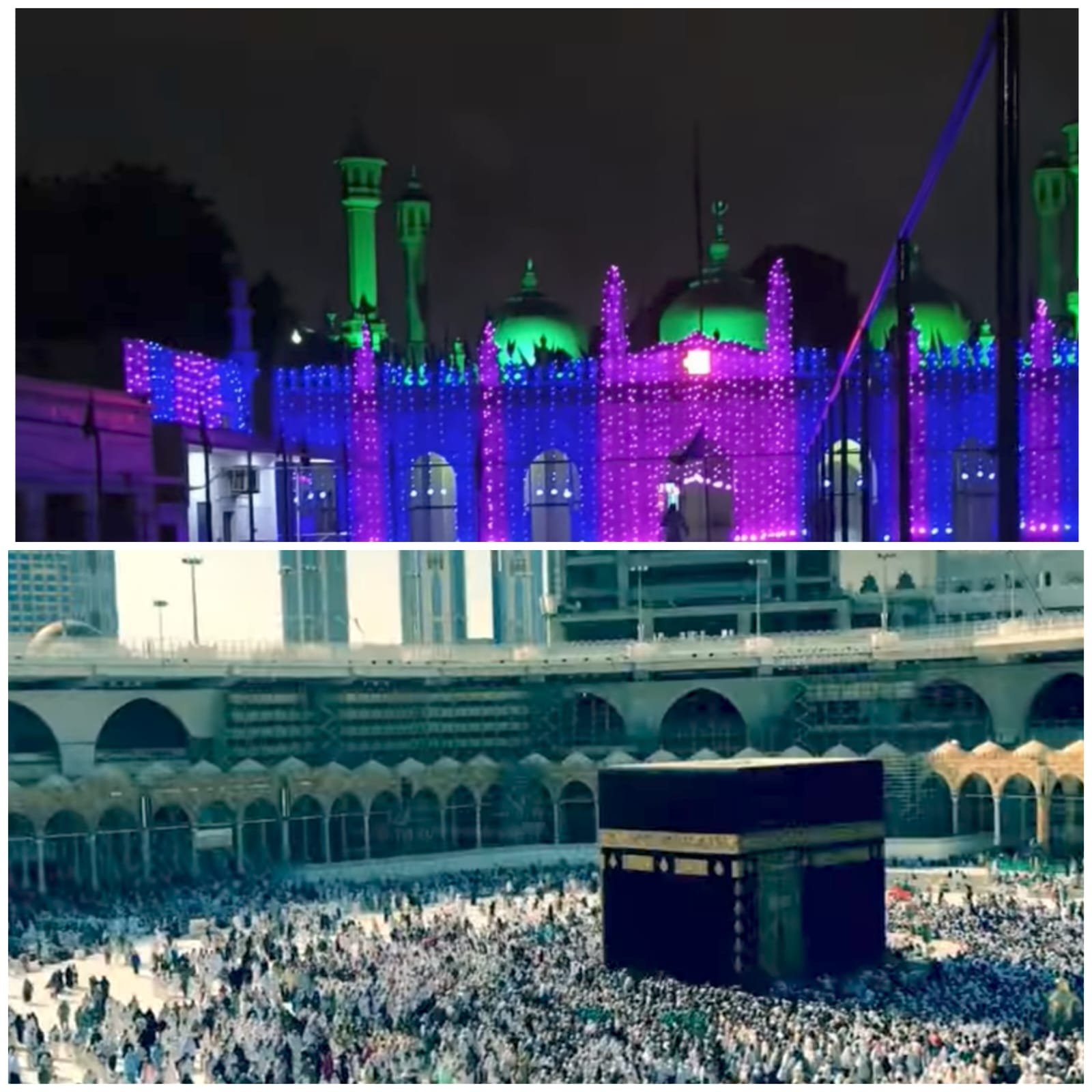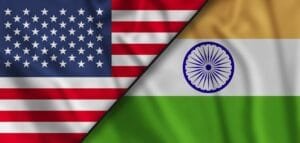“Eid-e-Milad-un-Nabi: The Prophet’s Birth Celebration”

“Eid-e-Milad-un-Nabi: The Prophet’s Birth Celebration”
Eid-e-Milad-un-Nabi, also known as Mawlid al-Nabi, is a cherished occasion in the Islamic calendar that celebrates the birth of the Prophet Muhammad, the final prophet in Islam. Observed on the 12th day of Rabi’ al-Awwal, the third month of the Islamic lunar calendar, this day holds profound significance for Muslims worldwide. It is a time for reflection, joy, and spiritual rejuvenation. This article delves into the history, significance, traditions, and contemporary observances of Eid-e-Milad-un-Nabi, while also extending heartfelt wishes to mark this blessed occasion.
Historical Background
The birth of the Prophet Muhammad took place in 570 CE in Mecca, present-day Saudi Arabia. Born into the respected Quraysh tribe, Muhammad’s early life was marked by personal losses and challenges. Yet, he emerged as a figure of immense moral and spiritual influence. At the age of 40, he began receiving divine revelations through the angel Gabriel, which would later be compiled into the Quran, the holy book of Islam.
Muhammad’s teachings and his exemplary conduct reshaped the religious, social, and political landscape of his time. His message of monotheism, justice, and compassion continues to resonate deeply with Muslims today. The celebration of his birth, therefore, is not just a historical event but a reminder of the values and principles he embodied.
The Significance of Eid-e-Milad-un-Nabi
Eid-e-Milad-un-Nabi is a time for Muslims to honor and celebrate the life of the Prophet Muhammad. His teachings emphasize virtues such as kindness, humility, and justice. Celebrating his birth is a way to reflect on these values and to renew one’s commitment to living a life guided by his example.
The festival is also a time for Muslims to express their love and respect for the Prophet. It serves as an opportunity to engage in acts of worship, to read and reflect upon the Quran, and to partake in communal activities that reinforce the principles of Islam.
Traditional Practices
Eid-e-Milad-un-Nabi is marked by a variety of traditions and practices that reflect the diverse cultural contexts of the Muslim world:
- Religious Sermons and Prayers:
- On this day, mosques and Islamic centers host special sermons and prayers. These gatherings often include recitations from the Quran and the sharing of stories about the Prophet Muhammad’s life. The sermons serve to inspire attendees to follow the Prophet’s teachings and to foster a sense of unity within the community.
- Recitations of Poetry and Songs:
- Many communities celebrate by reciting poems (Qasidas) and songs (Naats) that praise the Prophet Muhammad. These poetic and musical expressions are a way of conveying love and reverence for the Prophet, and they often highlight his virtues and the impact of his message.
- Processions and Decorations:
- In various parts of the world, processions are organized, where people carry banners and flags decorated with Islamic phrases. Streets and homes are adorned with lights and banners that display messages of peace and blessings.
- Charitable Acts:
- Charity is a central theme of Eid-e-Milad-un-Nabi. Many Muslims take this opportunity to engage in charitable activities, such as distributing food, clothing, and other necessities to those in need. This practice reflects the Prophet Muhammad’s emphasis on helping the less fortunate.
- Feasting and Social Gatherings:
- The festival is also a time for families and friends to come together for communal meals. Special dishes and sweets are prepared, and the gathering serves as an occasion for joyous celebration and reflection.
Regional Variations
The way Eid-e-Milad-un-Nabi is celebrated can vary greatly depending on cultural and regional traditions:
- Middle East:
- In countries such as Egypt and Jordan, the festival is celebrated with public events, processions, and festive decorations. In contrast, in Saudi Arabia and some other Gulf countries, the observance may be more subdued due to differing interpretations of Islamic teachings.
- South Asia:
- In India, Pakistan, and Bangladesh, the festival is marked by vibrant celebrations, including large processions, public readings of religious texts, and elaborate decorations. Community gatherings and feasts are common.
- Southeast Asia:
- In Indonesia and Malaysia, Mawlid is celebrated with recitations of the Quran, traditional performances, and community meals. The festival is an important cultural and religious event in these countries.
- Western Countries:
- In Western countries with significant Muslim populations, such as the United Kingdom and the United States, the festival is often observed in mosques and community centers. Educational events, lectures, and interfaith dialogues are common.
Controversies and Debates
The celebration of Eid-e-Milad-un-Nabi is not without its controversies. Some scholars and Islamic groups argue that celebrating the Prophet’s birthday is an innovation (Bid’ah) that was not practiced during his lifetime or the early years of Islam. They believe that the focus should be on following the Prophet’s teachings rather than commemorating his birth.
Conversely, many Muslims view the celebration as a way to honor the Prophet and to draw inspiration from his life. For them, the festival is an opportunity to renew their commitment to the values he championed and to express their love and reverence for him.
Contemporary Observances
In the modern era, the celebration of Eid-e-Milad-un-Nabi has adapted to include contemporary practices and technologies. Social media platforms are used to share messages about the Prophet Muhammad’s life and teachings, organize virtual events, and connect with Muslims globally.
Educational programs, conferences, and exhibitions are increasingly part of the celebrations, providing opportunities for deeper understanding and engagement with the Prophet’s legacy. These events aim to foster a greater appreciation of his impact on history and society.
Extending Warm Wishes for Eid-e-Milad-un-Nabi
As we commemorate this blessed occasion, we extend our heartfelt wishes to all Muslims around the world:
“Eid-e-Milad-un-Nabi Mubarak! May the blessings of the Prophet Muhammad fill your life with peace, love, and joy. On this auspicious day, may you find inspiration in his teachings and strive to embody his virtues of compassion, kindness, and justice. Wishing you and your loved ones a joyous and spiritually enriching celebration. Peace and blessings be upon you!”
“Happy Mawlid al-Nabi! As we celebrate the birth of the beloved Prophet Muhammad, may his teachings guide you towards a path of righteousness and fulfillment. May this special day bring you closer to your faith and to the values that he so beautifully exemplified. Eid Mubarak!”
Conclusion
Eid-e-Milad-un-Nabi is a profound celebration that transcends time and place. It is a day to honor the life and teachings of the Prophet Muhammad, to reflect on his enduring legacy, and to renew one’s commitment to the values he represented. Through prayers, charitable acts, and communal gatherings, Muslims around the world come together to celebrate this blessed occasion.





1 thought on ““Eid-e-Milad-un-Nabi: The Prophet’s Birth Celebration””